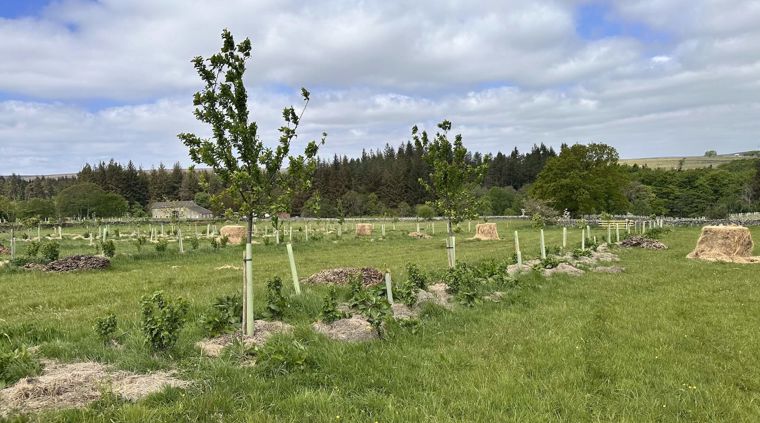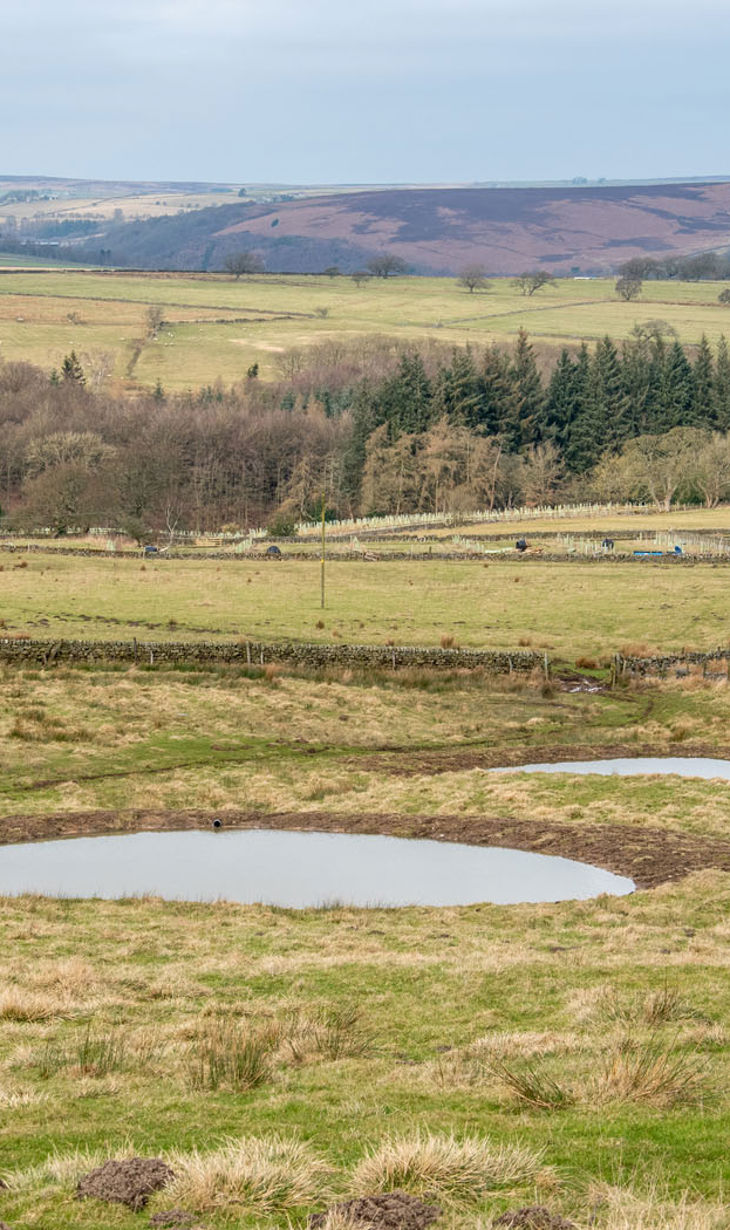How much do you know about biodiversity?
People and planet are two of Levy’s core values, and supporting biodiversity and wider environmental issues is a key part of our sustainability journey.
To mark International Biodiversity Day 2025, here’s Dr Vincent Walsh (Levy’s Director of Decarbonisation and founder of our co-sponsored Biohub) with his Ultimate Guide to Biodiversity - and why it matters.
What is Biodiversity?
Biodiversity is the rich variety of life on Earth. It’s all the different species of plants and animals, from oak trees and coral reefs to bees, sheep, herbs, and mushrooms.
It’s also the genetic differences within these species: from different types of rice that exist, or the many breeds of cattle adapted to different climates.
And it’s also the complex web of interactions between species: think bees pollinating flowers, fungi breaking down organic matter in the soil, or predators keeping populations in balance.
It's these relationships – and balance - that keep ecosystems healthy.
Without them? Life as we know it begins to unravel.
Surely biodiversity isn’t vital for everything?
It is essential for human survival and wellbeing. Here’s a list:
1. Your Food Depends on It
Biodiversity makes our food systems more resilient and our diets more colourful, healthy and diverse.
There is strength in depth and without biodiversity our food supply becomes more vulnerable and less nutritious.
Think of the thousands of types of tomatoes that exist - tiny cherry tomatoes to large, meaty beefsteaks; the yellow, orange, and deep purple varieties to those best for sauces, salads, or sun-drying. Each has its own flavour, texture, and resilience, and demonstrates how biodiversity gives us both variety on our plates and resilience in our food.
2. It Keeps Our Air and Water Clean
Healthy, diverse ecosystems are better at adapting to climate change.
The healthier they are, the quicker they bounce back from environmental disruptions and shocks, helping maintain the clean air and fresh water we all rely on.
Forests act as natural air filters: trees absorb carbon dioxide and release oxygen, while also trapping dust and pollutants. Wetlands, like peat bogs and marshes, filter water by breaking down waste and absorbing excess nutrients before they reach our rivers or oceans.
Even soil biodiversity plays a role keeping ecosystems healthy from the ground up, with earthworms, fungi and bacteria helping purify water as it moves through the ground.
3. Modern Medicine Depends on It
Did you know that aspirin was inspired by a compound found in Willow bark? Many modern medicines come from plants and animals found in biodiverse environments. From cancer drugs to painkillers, protecting that diversity on earth means protecting future treatments and cures.
4. It Drives Economic Growth
Healthy ecosystems boost economies through tourism, recreation, and the sustainable use of natural resources.
Biodiversity supports industries like agriculture, fisheries, and forestry, driving economic activity and providing livelihoods for millions around the globe.
5. It Enriches our Cultural and Social Lives
Many communities have deep connections to their local ecosystems, integrating them into their identities and traditions. Celebrating diverse species and ecosystems fosters a sense of belonging and appreciation for our natural heritage.
6. It Helps Fight Climate Change
Biodiverse ecosystems, like forests, wetlands, and coral reefs, play a crucial role in climate regulation. They remove carbon dioxide, helping to mitigate the effects of climate change.
Protecting these ecosystems is essential for maintaining a stable climate and supporting a healthy planet.
7. It delivers ‘Ecosystem Services’
Biodiversity underpins essential ‘ecosystem services,’ such as pollination, soil fertility, and water purification. These services are vital for agricultural productivity and maintain the health of our environment, ultimately supporting all forms of life.
8. It Fuels Innovation
Nature is the best R&D lab on Earth. Studying nature’s strategies is a brilliant way to develop sustainable solutions.
Take Notpla’s brilliant seaweed-based packaging that Levy is rolling out across its venues: an ingenious solution inspired by nature.
Biodiversity is not just about preserving nature; it is essential for human survival and wellbeing. It supports resilient ecosystems, enriches our diets, drives innovation, and sustains our economies. We all have a role to play in protecting the rich tapestry of life on our planet for future generations.



